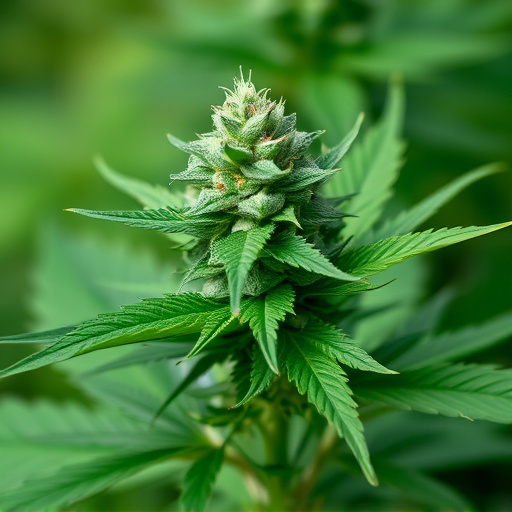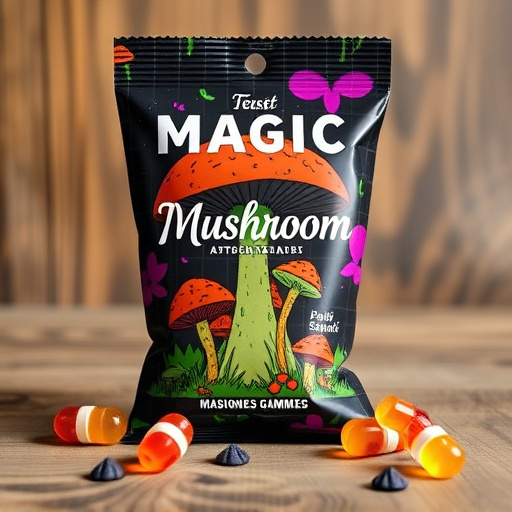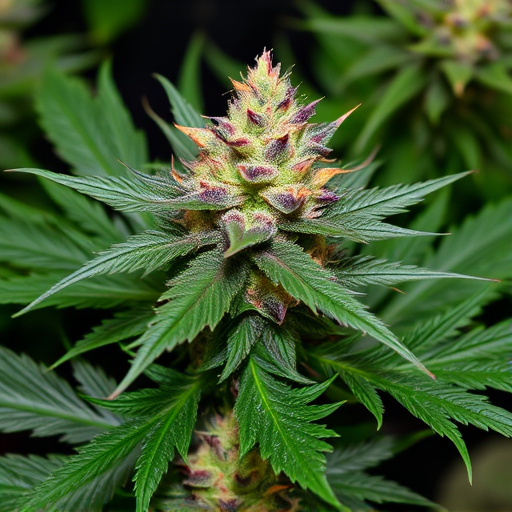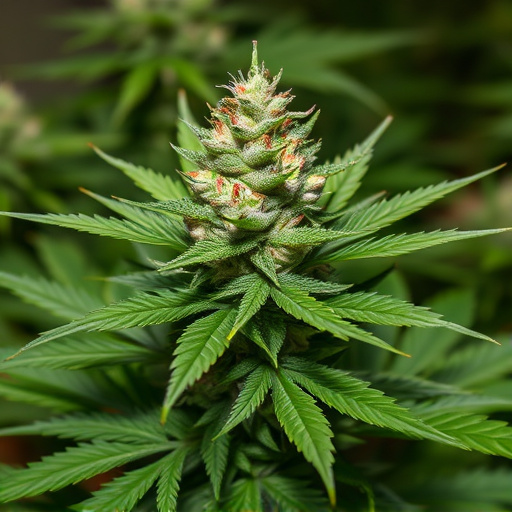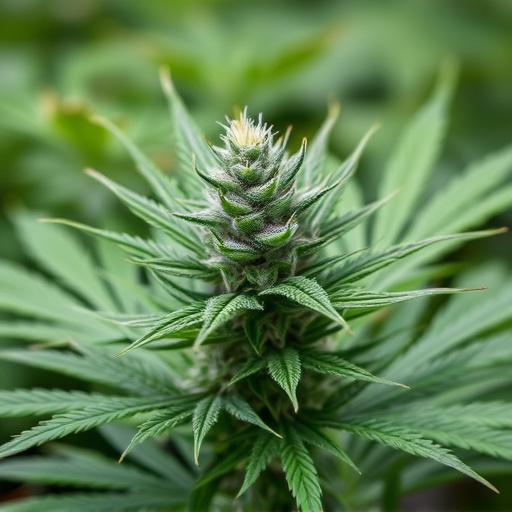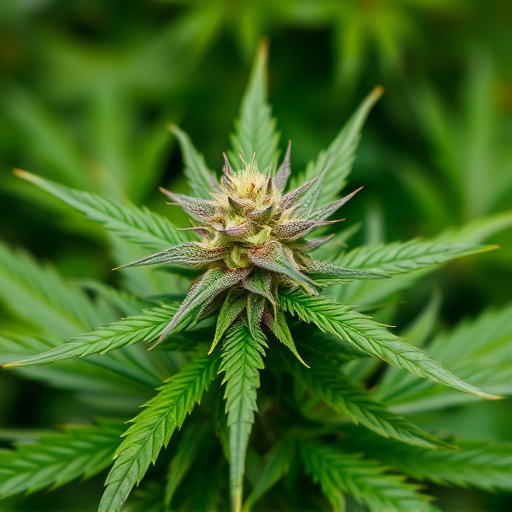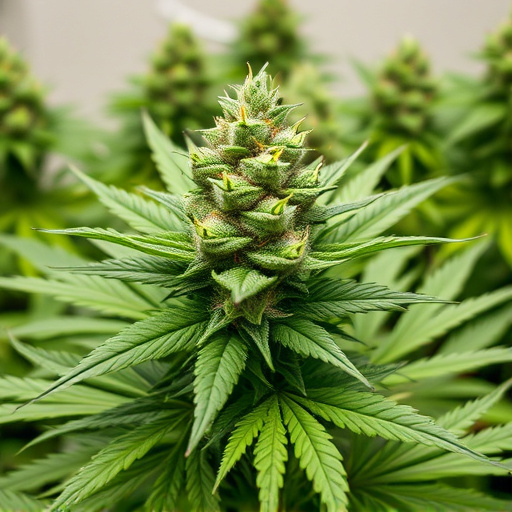Cannabis overdoses, though less common than opioids, cause severe anxiety, paranoia, and psychosis, with symptoms influenced by individual factors like tolerance, strain (high THC cannabis sativa strains), consumption method, and mental health. High THC content is linked to adverse reactions, especially in inexperienced users or large doses. Triggers may include stress, combined substance use, or pre-existing conditions. To mitigate risks, users should understand cannabis sativa strains and their effects. In case of overdose, prioritize safety, comfort, and calming environment; seek medical help if persistent issues arise or symptoms worsen after 24 hours, as professional guidance is crucial for severe cases and long-term recovery.
“Curious about how to navigate a cannabis overdose? Understanding cannabis intake can be complex, especially with the diverse spectrum of cannabis sativa strains available. This article demystifies cannabis overdoses, exploring symptoms and triggers often associated with these incidents. We then provide a step-by-step guide for safe recovery, emphasizing the importance of hydration and rest. Additionally, we discuss when to seek professional help post-overdose, offering insights into navigating the recovery process with expert support.”
- Understanding Cannabis Overdoses: Symptoms and Triggers
- Steps to Safely Recover From a Cannabis Overdose
- Navigating the Recovery Process: When to Seek Professional Help
Understanding Cannabis Overdoses: Symptoms and Triggers
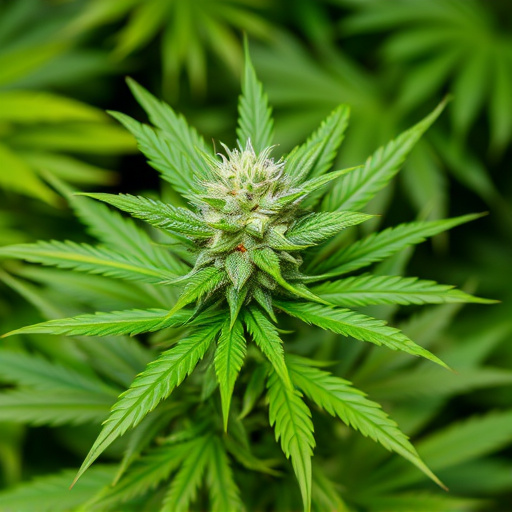
Cannabis overdoses, while less common than those involving opioids or other substances, can occur and are often marked by severe anxiety, paranoia, and even psychotic episodes. Understanding what triggers these reactions is crucial for preventing and managing them. Cannabis overdose symptoms can vary greatly depending on individual tolerance, the type or strain of cannabis (like potent cannabis sativa strains), method of consumption, and personal mental health.
High THC content in cannabis is often linked to negative experiences, especially in users who consume large doses or those new to cannabis use. Triggers may include using cannabis in an unfamiliar or stressful environment, combining it with other substances, or having a pre-existing mental health condition like anxiety or PTSD. Recognizing these triggers can help users develop strategies to mitigate risks and safely enjoy cannabis without adverse effects.
Steps to Safely Recover From a Cannabis Overdose
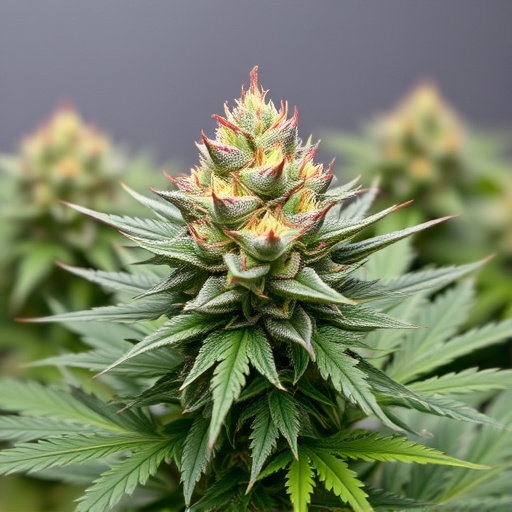
If you suspect a cannabis overdose, it’s crucial to act swiftly and safely. The first step is to ensure your safety and comfort. Move to a quiet, well-ventilated space, lie down, and try to stay calm. Panicking can worsen symptoms. Then, gradually reduce the intensity of your high by eliminating external stimuli. Turn off bright lights and turn down any loud music or TV.
Next, consider methods to ease discomfort. Hot or cold compresses on your forehead or back can help alleviate physical sensations. Drinking plenty of water can also mitigate potential dehydration caused by heightened sensory perception. Avoid intense activities or exercises until the effects subside. Remember, cannabis intoxication is temporary, and symptoms will eventually dissipate as your body metabolizes the compounds. If persistent issues arise, especially with frequent or high-potency cannabis sativa strains, seek medical advice to rule out any underlying conditions.
Navigating the Recovery Process: When to Seek Professional Help
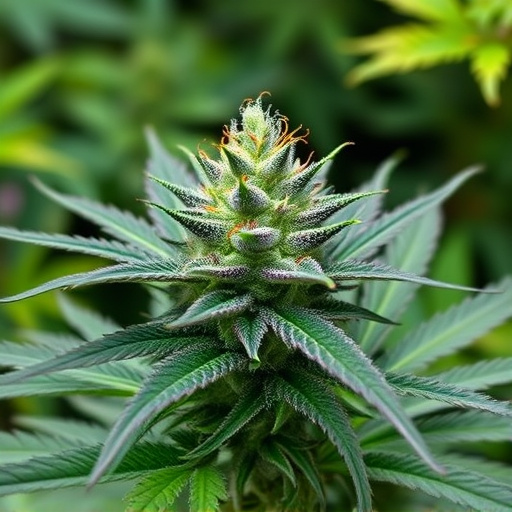
Navigating the recovery process from a cannabis overdose can be daunting, but understanding when to seek professional help is crucial. While most mild cases may resolve within a few hours or days with proper self-care, there are circumstances where medical attention becomes essential. Symptoms such as severe anxiety, paranoia, hallucinations, or persistent disorientation should prompt an immediate call to emergency services.
If symptoms persist beyond 24 hours or worsen, it’s advisable to consult a healthcare professional experienced in managing substance use disorders. They can provide a comprehensive assessment and guide individuals through the recovery process, which may involve a combination of support groups, therapy, and, in severe cases, detoxification programs designed for cannabis sativa strains-related overdoses. Remember, seeking help is a sign of strength, and early intervention can significantly improve long-term outcomes.
A cannabis overdose, while rare, can occur, especially with potent modern strains of cannabis sativa. Recognizing the symptoms and understanding triggers is key to prevention. If an overdose happens, it’s crucial to remain calm and follow safe recovery steps. Hydration, rest, and time are essential tools in combating the effects. The recovery process may vary; seeking professional medical help should be considered if symptoms persist or worsen. Remember, responsible use and knowledge of personal limits are vital to avoiding cannabis-related complications.



